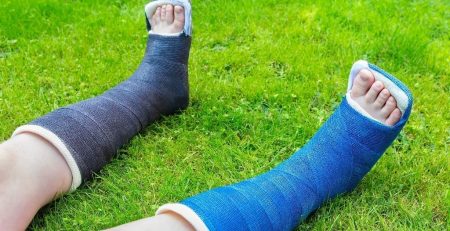Feel Free to Fidget
Sedentary behavior has come under increased scrutiny in recent years for its association with higher mortality rates and overall negative impact on individual’s health, however, “little is known about how fidgeting behaviors might modify the association” writes authors of the study ‘Sitting Time, Fidgeting, and All-Cause Mortality in UK Women’s Cohort Study’.
Published earlier this month in the American Journal of Preventative Medicine, this study found that women ages 37-78 years old who considered themselves moderately or very fidgety experienced no increased risk of mortality from sitting for long periods of time compared to more active women. Those who considered themselves only occasional fidgeters, on the other hand, did see their risk of mortality increase. The study found these trends to be true regardless of how active the women were outside of work.
Researchers co-led by the University of Leeds and UCL examined data from the University of Leeds’ UK Women’s Cohort Study, one of the largest cohort studies of diet and health in the UK. For this study, information was gathered between 1999 and 2002 from 12,778 women, ages 37-78 years old. They were questioned about their average daily sitting time, overall fidgeting, other relative physical activity, diet, smoking habits and alcohol consumption. The participants were followed for mortality over a mean of 12 years.














